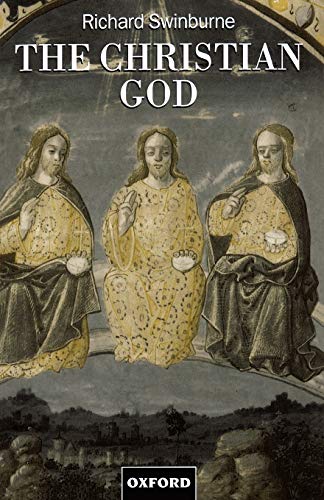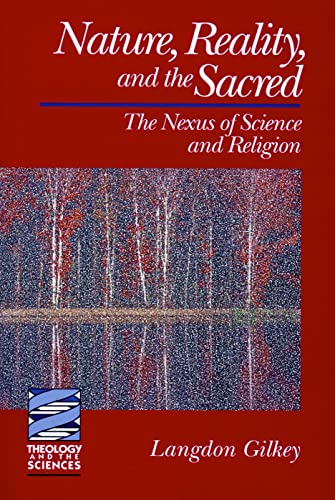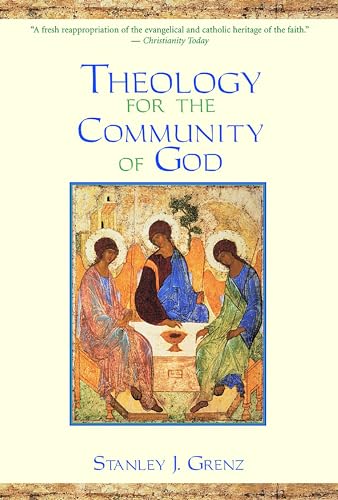Evangelism: Comparative Studies of Popular Protestantism in North America, the British Isles, and Beyond, 1700–1990
Written by M.A. Noll, D.W. Bebbington and G.A. Rawlyk (eds) Reviewed By R. Tudur JonesThis impressive book consists of 19 essays by as many authors, drawn from the United States, Canada, England, Scotland, Northern Ireland and Australia. All of them are acknowledged experts in their respective fields and all of them are either evangelicals or sympathetic to that standpoint. Consequently the authors decline to accept reductionist analyses of their subject and ‘treat evangelical convictions and behaviour as irreducible realities in their own right’ (p. 8). The word ‘evangelical’ is meant here to ‘describe a fairly discrete network of Protestant Christian movements arising during the eighteenth century in Great Britain and its colonies’. The authors have concentrated on English-speaking evangelicalism and, although there are perceptive essays on Australia and Africa, the focus of attention is on England and North America. Consequently there are only incidental references to Wales and other areas where languages other than English were the media of communication for evangelical convictions.
The editors in an ‘afterword’ suggest that the book ‘is the culmination of a full generation of rapidly maturing historical writing’ about the history of evangelicalism and that it ‘points towards a coming epoch in which new themes, new authors, and new perspectives will almost certainly alter the way in which the history of evangelicalism is recorded’ (p. 411). There are solid reasons for accepting this optimistic evaluation of the book’s significance.
Firstly, all the essays are inspired by the highest standard of professional writing in this field and the reference notes demonstrate the mastery that the authors possess over the source materials. In addition, an international effort of this kind brings out both the geographical extent of evangelicalism and its statistical strength. At the same time the essays enable the reader to appreciate the diversity of evangelical groups and churches as well as the rich variety of ways in which evangelical activism has expressed itself—sermons, hymns, books, pamphlets, moralistic campaigns, private letters and diaries, missionary enterprises, educational institutions and forms of political action. The diversity would have been even more fully exemplified had not the editors confined themselves to English-speaking evangelicalism. Indeed the paucity of such references has inhibited them from commenting on the cultural imperialism in some forms of international evangelicalism and the temptation to justify the subversion of minority languages and cultures in the name of the gospel.
These essays are especially stimulating for the historian, for two reasons. Firstly, the cross-references between different movements and different countries are most suggestive. David Bebbington’s proposal that the essence of evangelicalism can be distilled into a fourfold emphasis on conversionism, activism, biblicism and the centrality of the Cross of the Redeemer is tested in a variety of contexts and seems to survive the test. And yet David Wells holds that by today the central element in evangelicalism is becoming more difficult to define (p. 389). This, he suggests, is because of the growing diversity of the movement and a consequent shift from the emphasis on confessed truth ‘to simple, organizational fraternity’. Is this equivalent to saying that the movement is already disintegrating? Then, secondly, historical analyses of the relations between evangelicalism and social, economic, political and cultural influences are explored by most of the essayists, sometimes in a provocative way. None of the writers has ventured to test the validity of recent sociological work on the development of sects into denominations as possible explanations of internal changes in evangelicalism that led to its disintegration in groups which once professed it.
In short, this book is to be warmly welcomed. Historians will be challenged by it and students of church history in our colleges will find in it a stimulating introduction to the problems involved in writing about evangelicalism.
R. Tudur Jones
Department of Religious Studies, University of Wales, Bangor







